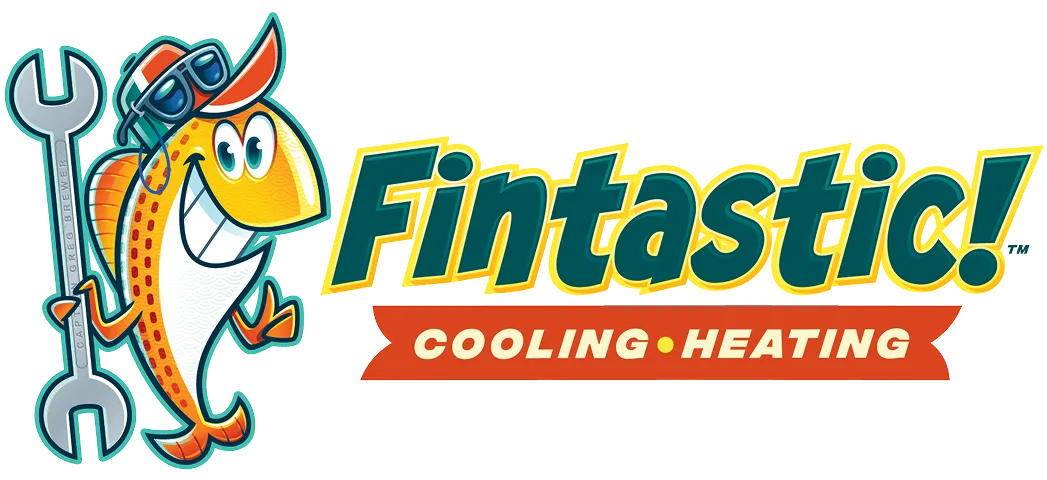Mini Split Repair in West Houston, TX
Mini Split Repair in West Houston, TX
When your mini split stops cooling or behaves unpredictably, you need fast, reliable mini split repair in West Houston, TX that gets your system back to efficient operation. West Houston summers are long, hot, and humid, and that climate puts extra strain on ductless mini split systems. This page explains common cooling-specific problems, step-by-step troubleshooting you can expect, how on-site diagnostics work, typical parts and repair timelines, emergency call-out service expectations, and warranty coverage so you know what to expect when you choose repair over replacement.

Why timely mini split repair matters in West Houston, TX
High humidity and extended cooling seasons in West Houston increase runtime, which accelerates wear and raises the risk of compressor and refrigerant issues. Left unaddressed, small problems like a refrigerant leak or poor airflow can lead to frozen coils, higher energy bills, and premature compressor failure. Prompt repair preserves comfort, lowers energy use, and can prevent a more expensive full system replacement.
Common mini split issues in West Houston
- Loss of cooling: Indoor unit runs but air is not cold. Often caused by dirty filters, blocked outdoor unit, low refrigerant, or thermostat/controls problems.
- Compressor faults or short cycling: Outdoor unit hums, trips breakers, or cycles on and off frequently. Causes include low refrigerant, faulty capacitors, electrical issues, or failing compressors.
- Frozen evaporator coils: White or icy buildup on indoor coils, usually from low airflow or low refrigerant. High humidity can make this happen faster.
- Refrigerant problems and leaks: Signs include reduced cooling capacity, oil residue on lines, or pressure imbalances. Leaks require leak detection and refrigerant recovery before repair.
- Poor airflow from indoor unit: Weak airflow stems from dirty filters, blocked blower motor, or failing fan components.
- Strange noises or odors: Grinding, rattling, or burning smells point to mechanical wear, loose parts, or electrical faults.
- Drainage and condensate issues: Backed-up pans or overflow can cause water stains and mold growth, aggravated by humid West Houston conditions.
Basic troubleshooting steps you can do before a service visit
- Check and clean or replace the indoor air filters. Restricted airflow is the most common cause of poor performance.
- Ensure the outdoor condenser is free from debris, weeds, or fallen limbs and that there is at least 2 feet of clearance for airflow.
- Verify the thermostat or remote is set correctly and batteries are fresh.
- Inspect visible refrigerant lines and insulation for damage or oil residue.
- Reset the system using the breaker if a lockout or short-term electrical glitch is suspected; allow the unit several minutes before restarting.
These simple checks solve many minor problems, but signs like frozen coils, visible refrigerant oil, persistent tripping breakers, or electrical burning odors require professional diagnostics.
On-site diagnostic process for mini split repair in West Houston
A thorough on-site diagnosis follows a systematic approach:
- Visual inspection: Check indoor and outdoor units for obvious damage, airflow restrictions, and signs of refrigerant oil.
- Electrical testing: Measure voltage, current draw, and test capacitors, contactors, and fuses to identify electrical faults.
- Airflow and temperature checks: Measure supply and return air temperatures and CFM to confirm performance deficits.
- Refrigerant analysis: Use gauges and leak detectors to confirm pressures and locate leaks if present; recover refrigerant when required by law.
- Component testing: Evaluate fan motors, compressor function, expansion valves, and control boards.
- Drain and condensate inspection: Verify drain line integrity and clearance to prevent water damage and mold.
Technicians in West Houston include humidity and seasonal load expectations when interpreting readings so repairs target root causes, not just symptoms.
Typical replacement parts and repair timelines
Common parts used in mini split repair include:
- Capacitors and contactors
- Fan motors and blowers
- PC boards and control modules
- Expansion valves and reversing valves
- Compressor replacement or clutch repairs
- Refrigerant line repair and recharging
- Filters and coil cleaning supplies
Repair timelines (typical ranges):
- Filter, fan, or electrical component replacement: Same day to 24 hours.
- Refrigerant leak repair and recharge: 1 to 2 days depending on leak location and part availability.
- Compressor replacement or major component swaps: 1 to 3 days; may extend if the specific compressor model must be ordered.
- Complex electrical or PCB repairs: 24 to 48 hours, depending on diagnostic findings and parts sourcing.
Seasonal demand in West Houston can affect parts availability and lead times, especially during peak summer. Emergency situations and local supply networks often shorten lead times for critical parts.
Emergency call-out service expectations
In West Houston, emergency mini split repair often focuses on restoring cooling quickly during extreme heat or after storm damage. Emergency responses prioritize:
- Rapid diagnosis of dangerous electrical faults or refrigerant leaks
- Temporary measures to restore cooling while replacement parts are sourced
- Safe shutdown or isolation if a system poses a hazard
- Post-storm checks for water intrusion, line damage, or disconnected panels
Emergency response time will vary with call volume and weather events; technicians factor in Houston traffic patterns and potential storm impacts when estimating arrival windows.
Repair warranties and what they cover
Warranties typically include:
- Parts warranty: Covers replacement parts (ranges commonly from 90 days to multiple years depending on manufacturer policies).
- Labor warranty: Covers workmanship (often 30 to 365 days depending on the provider).
- Refrigerant work warranty: May include a limited guarantee against recurrence when leak repair is confirmed and proper recharging procedures are followed.
Warranties commonly exclude damage from lack of maintenance, pre-existing conditions, or storm-related impacts. Always ask for details on what is covered, duration, and any required maintenance to keep the warranty valid.
Maintenance tips to reduce future repairs in West Houston
- Schedule seasonal tune-ups before peak cooling months to catch issues early.
- Clean or replace filters monthly during heavy use.
- Keep outdoor units clear of debris, pollen, and brush; West Houston pollen and landscape growth can reduce efficiency quickly.
- Insulate refrigerant lines and check for signs of oil or wear after storms.
- Ensure condensate lines are clear to prevent water damage and mold growth in humid conditions.
Regular maintenance prevents many common mini split repair needs and preserves efficiency in West Houston’s demanding climate.
ConclusionMini split repair in West Houston, TX addresses a range of cooling-specific issues driven by heavy use and humid conditions. Understanding common symptoms, the diagnostic process, expected parts and timelines, emergency protocols, and warranty coverage helps homeowners and property managers make informed decisions about repair versus replacement. Proper maintenance tailored to West Houston’s climate is the best defense against recurring repairs and unexpected failures.
Customer Testimonials
Our customers praise our exceptional service and attention to detail, consistently exceeding expectations.































































